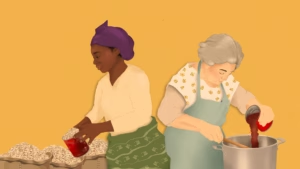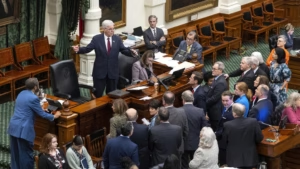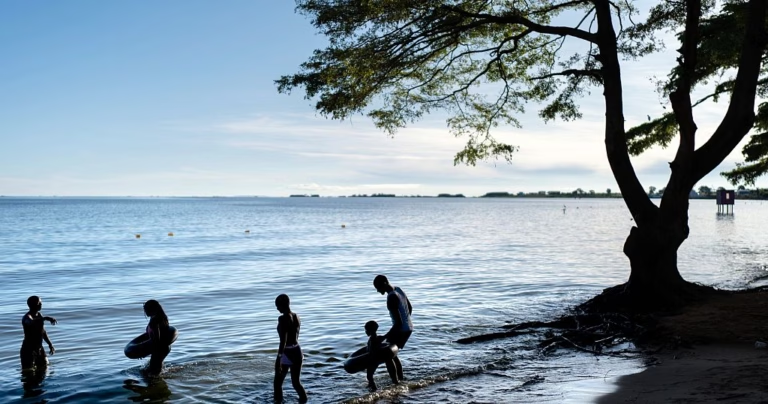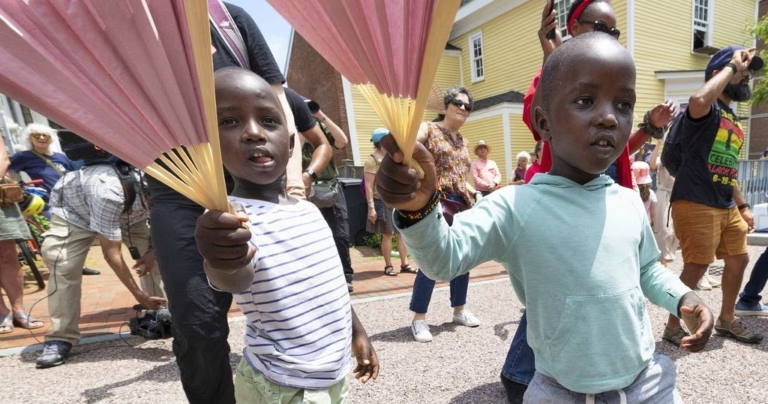
The protests were sparked by severe shortages of food and water in the camp.
Residents claim that the camp’s conditions have significantly deteriorated, with many struggling to access essential supplies.
These shortages have been exacerbated by reduced humanitarian aid in Kenya due to funding cuts from the US Agency for International Development, USAID.
Kakuma, one of the largest refugee camps in the world, is home to approximately 200,000 refugees and asylum seekers, according to Amnesty International.
The majority of the camp’s inhabitants are refugees from neighboring countries such as South Sudan, Ethiopia, and Somalia.
Mama Kayembe, a Congolese refugee residing in Kakuma Refugee Camp, expressed her frustration stating, “Since (Donald) Trump became (US) president, Kenyans have shifted all the blame on him. Workers are not getting paid, and it’s blamed on Trump. No medication in the hospital – it’s Trump. Now we have to pay for school fees, and it’s Trump. Everything is blamed on Trump. We are tired of Trump.”
The aid cuts have not only led to hunger within the camp but have also contributed to rising security concerns.
Without alternative sources of funding, there are growing concerns that the situation in the camp could further deteriorate and spiral out of control.






